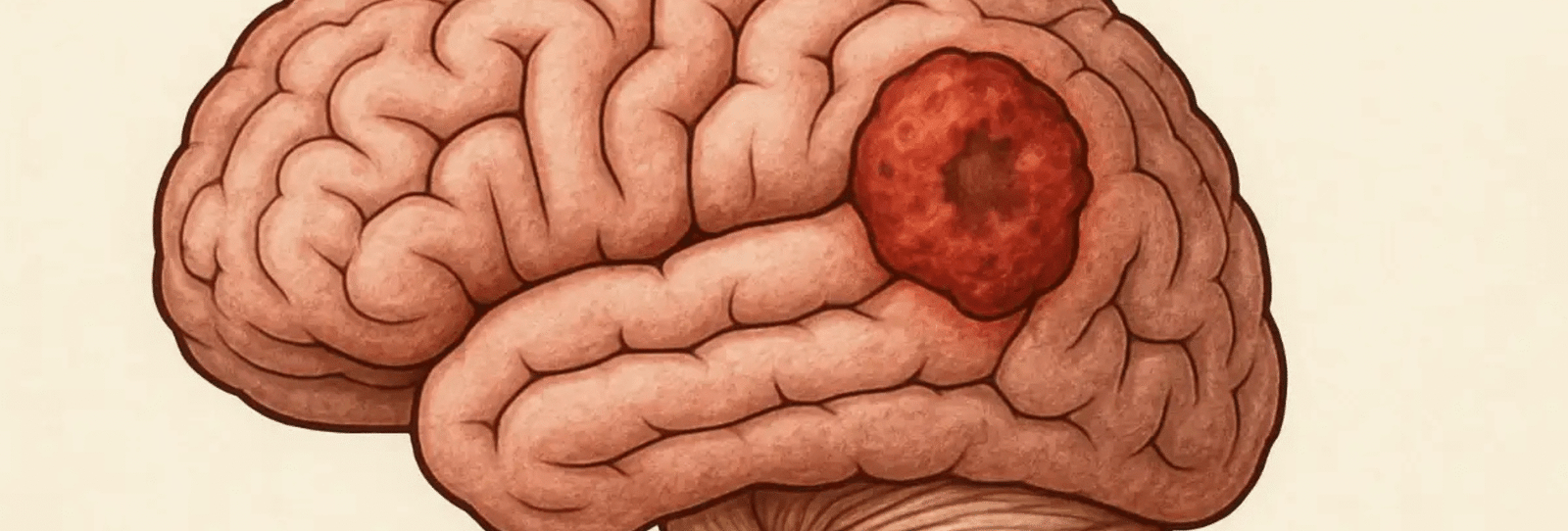
When it comes to life-threatening health conditions, brain tumors rank among the most serious. Awareness and early detection are crucial to improving survival rates and outcomes. If you or a loved one suspects symptoms of a brain tumor, understanding the signs in your own language can make a significant difference. That’s why we’re here to discuss brain tumor symptoms in Urdu, a valuable resource for communities that speak and understand Urdu, so that no one is left behind in recognizing the warning signs of this critical condition.
What Is a Brain Tumor?
A brain tumor is an abnormal growth of cells within or around the brain. These tumors may be benign (non-cancerous) or malignant (cancerous). While benign tumors grow slowly and don’t usually spread, they can still cause serious issues by pressing against brain tissue. Malignant tumors, however, are aggressive, can spread to other areas, and require immediate medical attention.
Brain tumors can affect people of all ages, and their causes are often unknown. However, factors such as genetic mutations, radiation exposure, and family history can contribute to the development of brain tumors.
Why Language Matters in Health Awareness
Language plays a key role in healthcare access. Many individuals who speak Urdu may face language barriers when it comes to understanding complex medical information. That’s why presenting critical health knowledge—such as brain tumor symptoms in Urdu—is essential to ensure timely medical help is sought.
By localizing this information, communities can better identify when to visit a doctor, understand their diagnosis, and take informed steps toward treatment. Indian Health Adviser strongly advocates for culturally and linguistically accessible health education.
Common Symptoms of Brain Tumor (دماغی رسولی کی علامات)
The symptoms of a brain tumor vary depending on the type, size, and location of the tumor. Here are some of the most common signs to look out for:
- شدید سر درد (Severe Headaches)
Frequent and persistent headaches, often more intense in the morning or when lying down, are a key warning sign. - متلی یا الٹی (Nausea or Vomiting)
Unexplained nausea or vomiting, especially if it worsens over time, can be related to increased pressure inside the skull. - نظر کی کمزوری (Vision Problems)
Blurred or double vision, sudden loss of sight in one or both eyes, or seeing flashing lights can be signs of brain pressure or tumors affecting the optic nerves. - چکر آنا یا توازن کا مسئلہ (Dizziness or Balance Issues)
If you often feel unsteady, trip frequently, or have trouble walking in a straight line, it may be a sign of a tumor impacting the cerebellum. - یادداشت میں کمی یا ذہنی الجھن (Memory Loss or Confusion)
Difficulty remembering recent events, losing track of time, or experiencing changes in behavior or personality should not be ignored. - دورے پڑنا (Seizures)
Even if you’ve never had a seizure before, a sudden episode could indicate abnormal brain activity caused by a tumor. - کمزوری یا سن ہونا (Weakness or Numbness)
Weakness on one side of the body or numbness in the arms, legs, or face can point to a neurological issue linked to brain tumors.
Recognizing these symptoms early—and in one’s native language—can lead to faster diagnosis and intervention. That’s why sharing and learning about brain tumor symptoms in Urdu is so valuable for many families across India, Pakistan, and other Urdu-speaking regions.
Diagnosis and Treatment Options
Once symptoms are reported to a medical professional, a series of diagnostic tests like MRI, CT scans, neurological exams, and sometimes biopsies are used to confirm the presence and type of brain tumor. After a diagnosis is confirmed, treatment depends on various factors including the size, type, and location of the tumor, as well as the patient’s overall health.
The main treatment options include:
- Surgery: Often the first choice to remove as much of the tumor as safely possible.
- Radiation Therapy: Uses high-energy beams to target and kill tumor cells.
- Chemotherapy: Involves drugs to destroy cancerous cells or stop them from growing.
- Targeted Therapy & Immunotherapy: Advanced treatment options with fewer side effects in certain types of brain tumors.
Why Choose Indian Health Adviser?
When dealing with such a serious health issue, it’s important to seek expert care and guidance. Indian Health Adviser is a trusted name in facilitating medical treatment for patients across the globe, especially those traveling to India for affordable, high-quality healthcare.
They specialize in connecting patients with some of the top neurosurgeons and cancer treatment centers in India, ensuring access to cutting-edge technology, experienced doctors, and world-class facilities—all at a fraction of the cost compared to Western countries.
From arranging medical visas and accommodation to providing translation support and personalized care, Indian Health Adviser ensures every patient’s journey is smooth, dignified, and effective.
Final Words
Brain tumors are life-altering, but timely detection and appropriate treatment can save lives. That journey often begins with recognizing early warning signs—especially in one’s native language. Empowering people to learn about brain tumor symptoms in Urdu bridges the gap between suffering in silence and seeking life-saving care.
If you or someone you know is experiencing symptoms like unexplained headaches, memory loss, or seizures, don’t ignore them. Get evaluated by a medical professional as soon as possible. Your life could depend on it.

